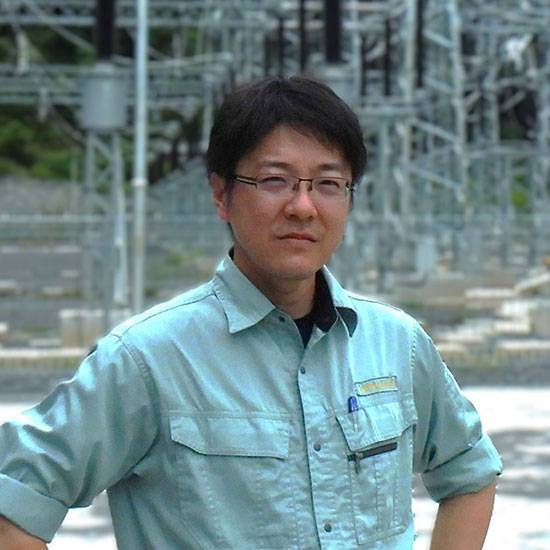Case Studies
This project involved three stakeholders: Koei Energy (subsidiary of Nippon Koei Energy Solutions), Okura Village, and local company Mogami. The construction financing was executed through project finance from three local financial institutions. Nippon Koei Group carried out the Development, Design, EPC (Engineering, Procurement, and Construction) for the project, and continues to conduct the Operation and Maintenance as the project entity.
This project involved installing a small-scale hydroelectric power plant on an existing Sabo dam, originally built for disaster prevention against debris flows. By effectively utilizing the water flow and head drop, the power plant generates electricity efficiently. Typically, large-scale hydro power plants require significant initial investment, long development periods, and can have substantial social and environmental impacts during construction. By leveraging existing infrastructure, this project minimizes the initial financial, social, and environmental impacts, providing clean renewable energy. It also aims to promote regional revitalization by encouraging participation from local companies and involvement from the local government. Nippon Koei Energy Solutions not only develops but also jointly operates the project with the local government, ensuring continuous renewable energy generation and ongoing regional contribution.

The Okura Masudama Hydroelectric Power Plant contributes to the spread of renewable energy and decarbonization in the region. The plant supplies 3,450 MWh of electricity annually, which is equivalent to the annual electricity consumption of 870 households.
Additionally, this project contributes to the community by accommodating study tours as an educational tourism facility, supporting local finances through property taxes and sustaining local livelihoods. It operates with deep community involvement.
It is expected to expand to other renewable energy facilities such as wind power and energy storage systems, playing an important role in providing sustainable energy sources for urban development.
